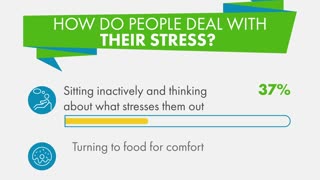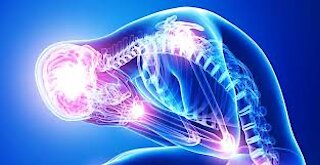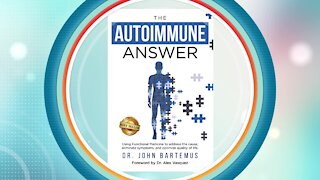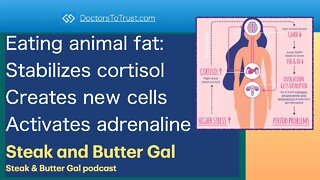The Other Aspect of Dieting - Removing Chronic Stressors From Your Life
https://www.sermorelin.me/the-other-aspect-of-dieting-removing-chronic-stressors-from-your-life
Just when we thought dieting was hard enough, here is another factor to consider when trying to lose weight. This other factor is chronic stress.
We all know that stress is harmful to our mental health and chronic stress is especially bad. Chronic stress is the body’s response to emotional pressure experienced over a prolonged period of time.
A recent study has shown just how harmful this can be to our mental and physical health.
Chronic Stress Increases the Hunger Hormone Ghrelin
The study was conducted at the Icahn School of Medicine at Mount Sinai and was published in JAMA Network Open on August 20th, 2020.
The researchers found that chronic stress increases ghrelin for YEARS after the initial traumatic stress exposure was experienced and the subjects who had elevated levels of the hormone in their blood were more likely to develop post-traumatic stress disorder (PTSD).
Ghrelin is a blood-based hormone that is produced in the gastrointestinal tract and is typically called the “hunger hormone” due to its increased levels before meals when hungry. It’s believed that its presence triggers gastric motility of the intestines and acid secretion.
However, the Mount Sinai researchers are more apt to call it a “stress hormone” which indicates that they believe hunger is a form of stress. It’s not surprising then why we tend to want to eat a lot of food (and junk food) when we are upset or depressed.
Ghrelin Levels and PTSD
The really scary part about this study was that trauma-exposed adolescents (the test subjects) were eight times more likely to develop PTSD with just moderately elevated levels of ghrelin, compared to adolescents with low levels.
The occurrence of PTSD and ghrelin levels were found to be directly related to each other – this was especially apparent when the adolescents with the highest levels of ghrelin in the blood all developed PTSD.
The typical hormone that we think of when we think of “stress” is cortisol. The Mount Sinai researchers also took this hormone into account throughout the study but only ghrelin alone, and not even a combination of the two hormones, was directly related to the development of PTSD.
The scientists have now deduced that acyl-ghrelin (the chemical name for ghrelin) is an important biomarker for PTSD.
Preliminary studies looking at the link between ghrelin and stress used rodents as the subjects.
For the rodents, ghrelin was elevated in the blood for months after a chronic stress exposure took place leading to actual changes in the brain: the production of excessively strong memories of fear.
This is similar to what people experience with PTSD – think of men who wake up from nightmares of wartime or adults who have memories of being abused as children – they all have strong memories of these experiences and can randomly feel intense feelings of fear that incapacitate them for a certain amount of time.
-
 1:04
1:04
SWNS
1 year ago4 in 10 admit to dealing with stress in unhealthy ways
46 -
![Emotional Eating: 3 Ways To Reduce Stress Eating Habits [Eat right not emotionally]](https://hugh.cdn.rumble.cloud/s/s8/1/l/V/h/K/lVhKh.0kob-small-Emotional-Eating-3-Ways-To-.jpg) 1:57
1:57
gdany
1 year agoEmotional Eating: 3 Ways To Reduce Stress Eating Habits [Eat right not emotionally]
9 -
 4:14
4:14
Natural Cures
4 years agoHow Your Diet Can Affect Your Mood and Sleep (Nutritional Psychiatry)
25 -
 0:36
0:36
DebiVoris
1 year agoCombat Anxiety by Changing Your Lifestyle & Reducing Stress
1 -
 1:01:17
1:01:17
Kat Khatibi Podcast
1 year agoIs Your Diet Making You Stressed Out and Less Productive? with Ana Vucetic
16 -
 16:18
16:18
Guidepost to Wellness
3 years ago $0.01 earnedHarmful Effects of Chronic Stress on the Body
172 -
 5:39
5:39
KTNV
3 years agoStress Eating and Your Health
185 -
 4:16
4:16
Doctors To Trust
1 year agoSTEAK & BUTTER GAL 4 | Eating animal fat: Stabilizes cortisol Creates new cells Activates adrenaline
215 -
 2:26
2:26
Your One Stop for Helping you Live an Awesome Life
1 year ago3 Tips for Reducing Stress to Keep Your Brain Happy and Healthy!!
14 -
 30:31
30:31
Dr David Jockers
2 years agoEP 194 - Using Intermittent Fasting to Build Stress Resilience with Dr. Pete Sulack
5